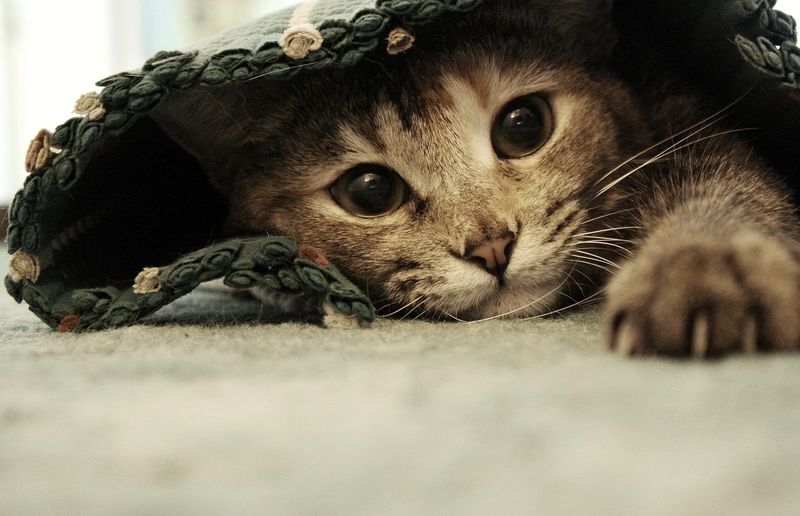What is common infection in cats?

Feline infectious diseases are a significant concern for cat owners, with Feline Infectious Peritonitis (FIP) being one of the most serious and prevalent conditions. According to recent studies, FIP is responsible for up to 30% of all feline deaths under the age of five in the United States.
What Is Feline Infectious Peritonitis?
Feline Infectious Peritonitis (FIP) is a serious and often fatal disease caused by a specific strain of coronavirus. This virus, known as Feline Coronavirus (FCoV), can mutate into the more aggressive form that leads to FIP.
Causes and Transmission
FIP primarily affects cats between one and four years old but can impact any age group. The transmission occurs through direct contact with infected cats, typically via saliva, feces, or nasal secretions. Multi-cat households and environments like shelters increase the risk of infection due to close proximity.
Symptoms of Feline Infectious Peritonitis
The hallmark symptom of FIP is a swollen abdomen caused by fluid accumulation in the abdominal cavity. Other common symptoms include:
- Fever and lethargy
- Loss of appetite and weight loss
- Jaudice (yellowing of the skin)
- Laborious breathing or coughing if the respiratory system is affected
Diagnosis and Testing
The diagnosis of FIP involves a combination of clinical signs, physical examination findings, and laboratory tests. Blood tests can detect antibodies against FCoV, while abdominal fluid analysis may reveal characteristic inflammatory cells. In some cases, a biopsy might be necessary to confirm the diagnosis.
Supportive Care
Unfortunately, there is no known cure for FIP. Treatment focuses on managing symptoms and providing supportive care:
- Fluid Therapy: To manage fluid buildup in the abdomen.
- Antibiotics: For secondary bacterial infections.
Prevention Strategies
To prevent FIP, it's crucial to minimize exposure to infected cats. Here are some preventive measures:
- Vaccination: While there is no vaccine available for FIP specifically, keeping up with other vaccinations can reduce stress and overall health risks.
- Indoor Living: Keeping cats indoors significantly reduces the risk of contracting infectious diseases from outdoor environments.
- Cleanliness: Regular cleaning and disinfection of litter boxes and food bowls help prevent viral spread.
Other Common Cat Infections
In addition to FIP, several other infections commonly affect cats:
Feline Upper Respiratory Infections (URIs)
Caused by viruses like feline herpesvirus and calicivirus, URIs are highly contagious among cats. Symptoms include sneezing, runny eyes/nose, coughing, and conjunctivitis.
Treatment:
- Lubricating Eye Drops: For eye irritation.
- Nasal Decongestants: To relieve congestion.
Feline Leukemia Virus (FeLV)
A retrovirus that can lead to various health issues, including anemia and cancer. FeLV is spread through saliva, nasal secretions, urine, feces, and milk from infected cats.
Prevention:
- Vaccination: Regular vaccination against FeLV.
- Avoidance of Infected Cats: Keeping your cat away from known carriers reduces risk significantly.
Conclusion
Feline infectious diseases, such as FIP and other common infections like URIs and FeLV, pose significant health risks to cats. Early detection through regular veterinary check-ups and preventive measures can greatly improve outcomes. Understanding the symptoms, transmission methods, and available treatments is crucial for cat owners.
Takeaways
- FIP is a serious condition caused by Feline Coronavirus (FCoV).
- Vaccinations and indoor living help prevent many common infections in cats.
- Early diagnosis and supportive care can improve the prognosis for affected cats.
